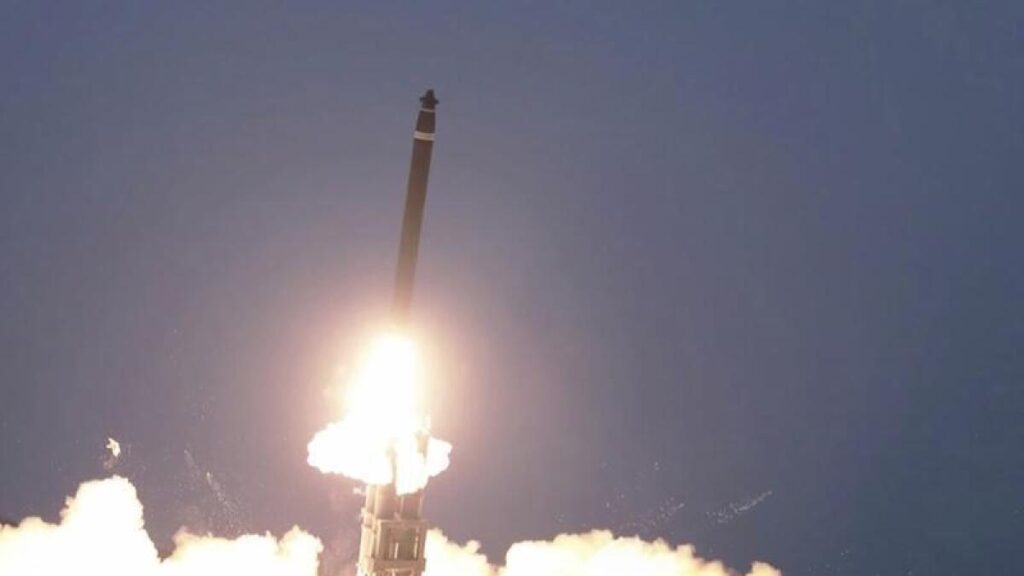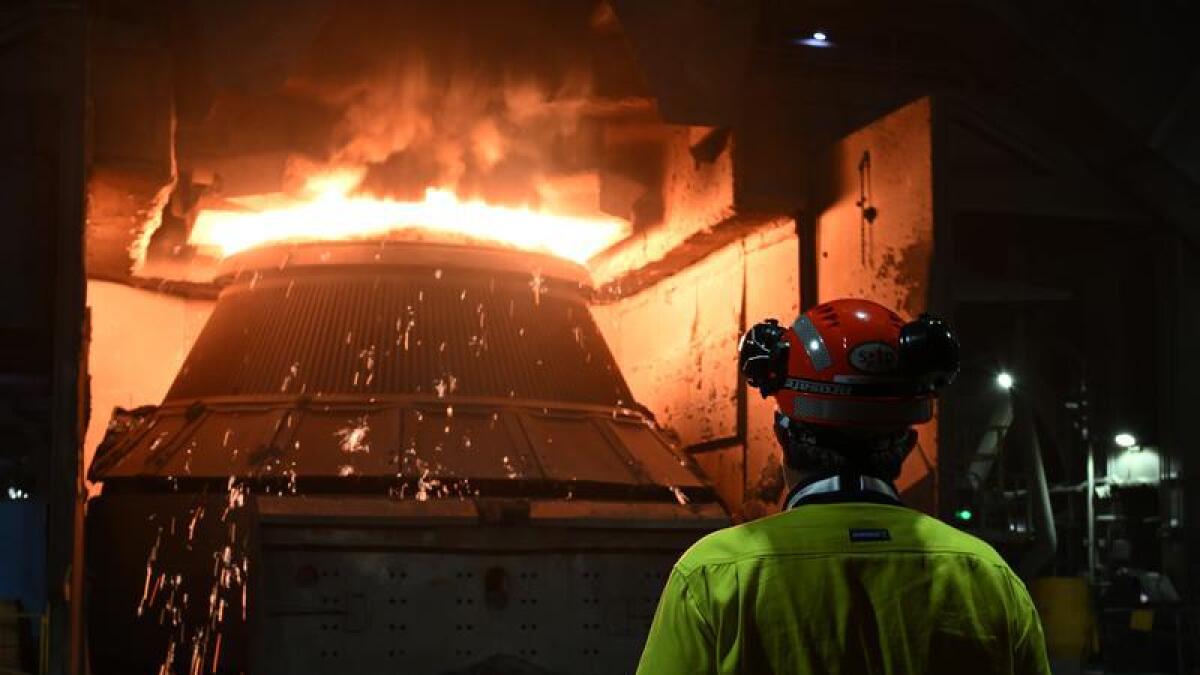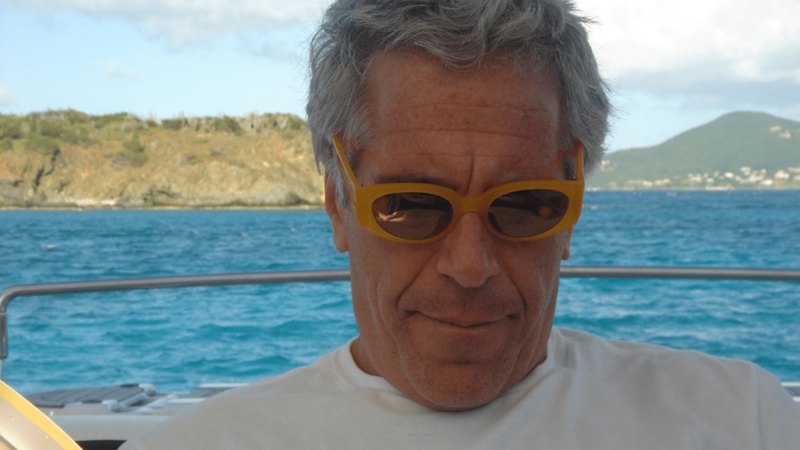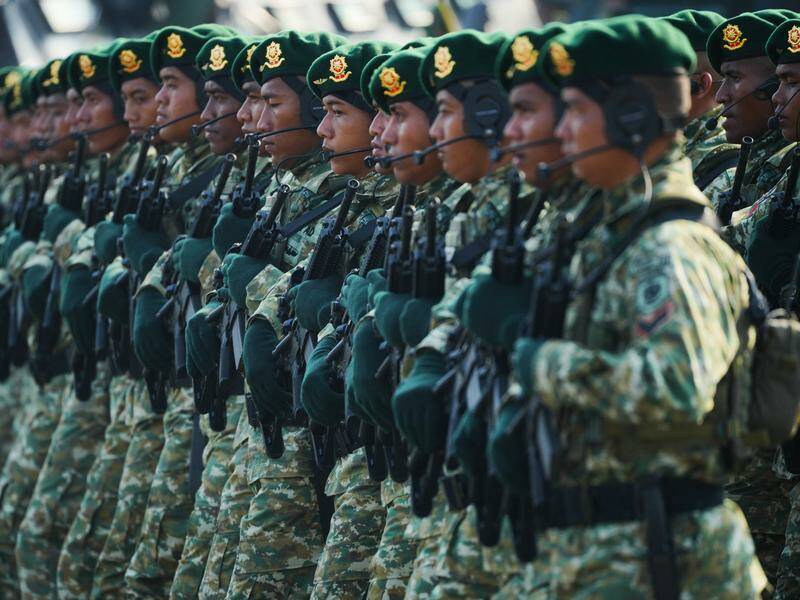
North Korea has firmly rejected ongoing discussions regarding the denuclearisation of the Korean Peninsula, labelling such aspirations as “unrealistic” and a “pipe dream.” This assertion follows an announcement from the office of South Korean Prime Minister Lee Nak-yon, indicating that he would be meeting with Chinese President Xi Jinping to address the matter.
In a statement released on March 15, 2024, the North Korean state news agency KCNA emphasized that South Korea’s attempts to deny North Korea’s status as a nuclear weapons state are misguided. The agency criticized South Korea for what it described as a lack of common sense, stating, “The ROK is still unaware that struggling to deny the DPRK’s position as a nuclear weapons state and talking about its daydream of realising the denuclearisation just reveal its lack of common sense.”
The comments were attributed to Vice Foreign Minister Pak Myong Ho, who underscored North Korea’s position that denuclearisation is unattainable. “We will show with patience that denuclearisation is a ‘pipe dream’ which can never be realised,” Pak asserted, further solidifying North Korea’s stance on the issue.
In related developments, US President Donald Trump made headlines by reaffirming his administration’s commitment to resuming nuclear testing. While speaking to reporters aboard Air Force One during his flight to Palm Beach, Florida, Trump did not clarify whether this would include underground tests, which were prevalent during the Cold War. He stated, “You’ll find out very soon, but we’re going to do some testing. Other countries do it. If they’re (going) to do it, we’re going to do it, OK?”
Trump’s remarks come amidst escalating tensions surrounding nuclear capabilities in the region. The potential resumption of nuclear testing by the United States raises concerns among global leaders, especially in light of North Korea’s recent assertions.
As discussions continue, the international community remains watchful of the evolving dynamics between North Korea and South Korea, alongside the implications of the United States’ nuclear policies. The future of denuclearisation on the Korean Peninsula appears increasingly complex, with both nations firmly entrenched in their respective positions.






